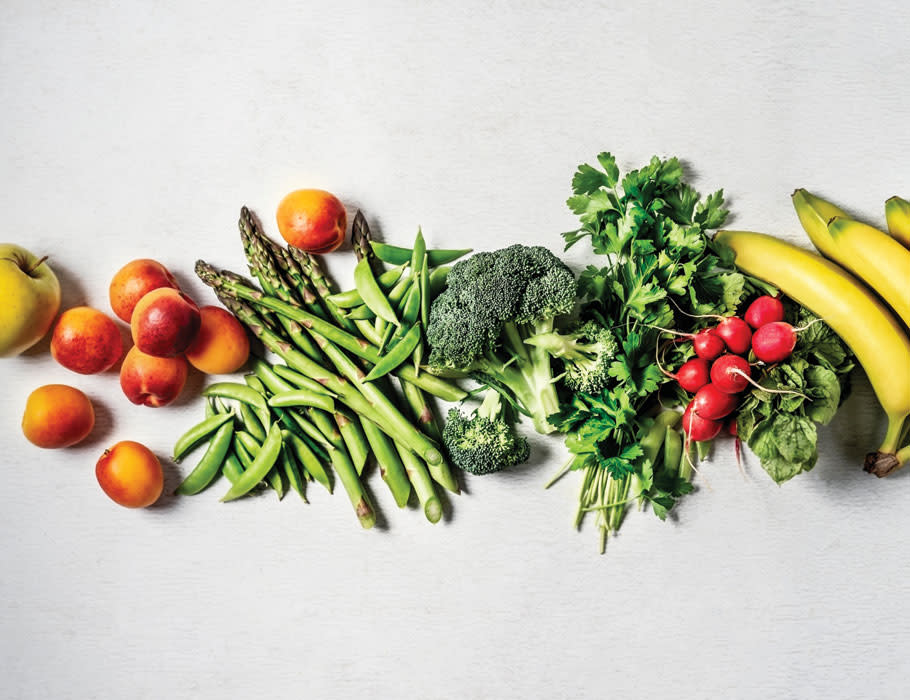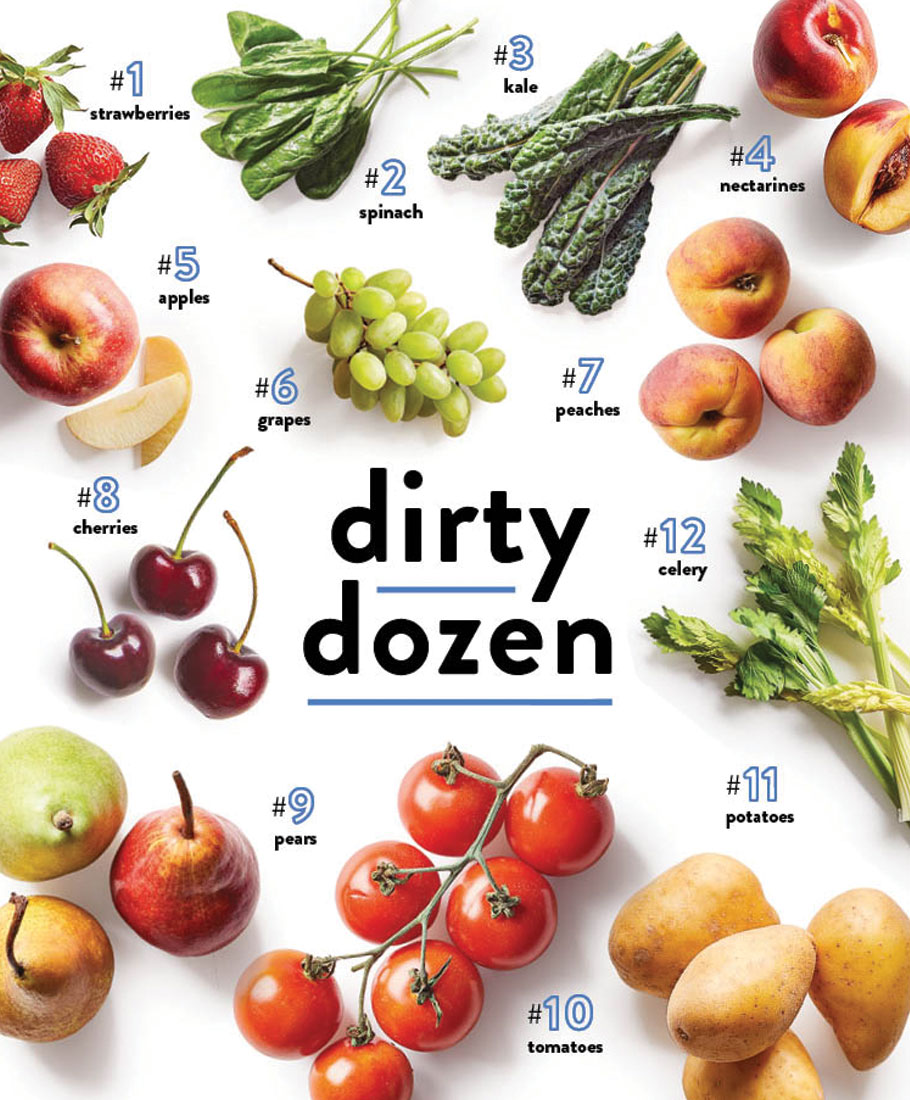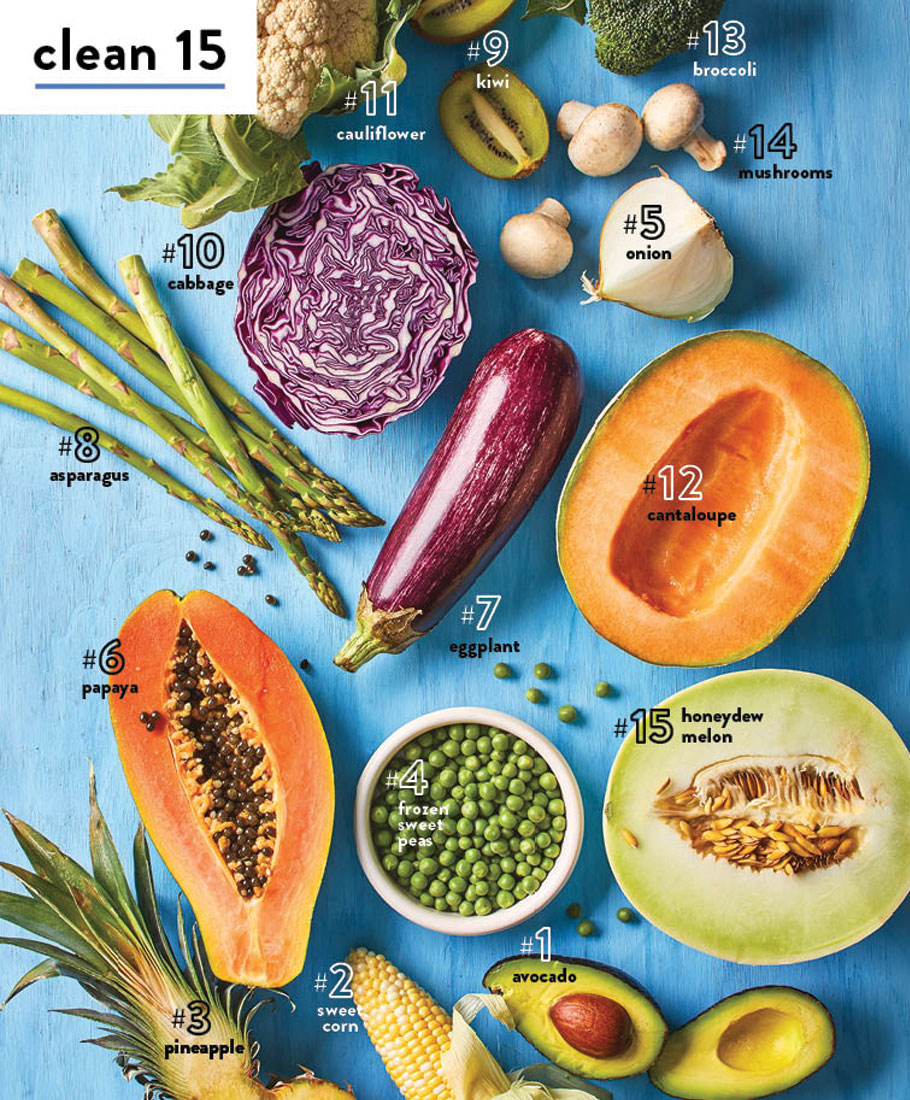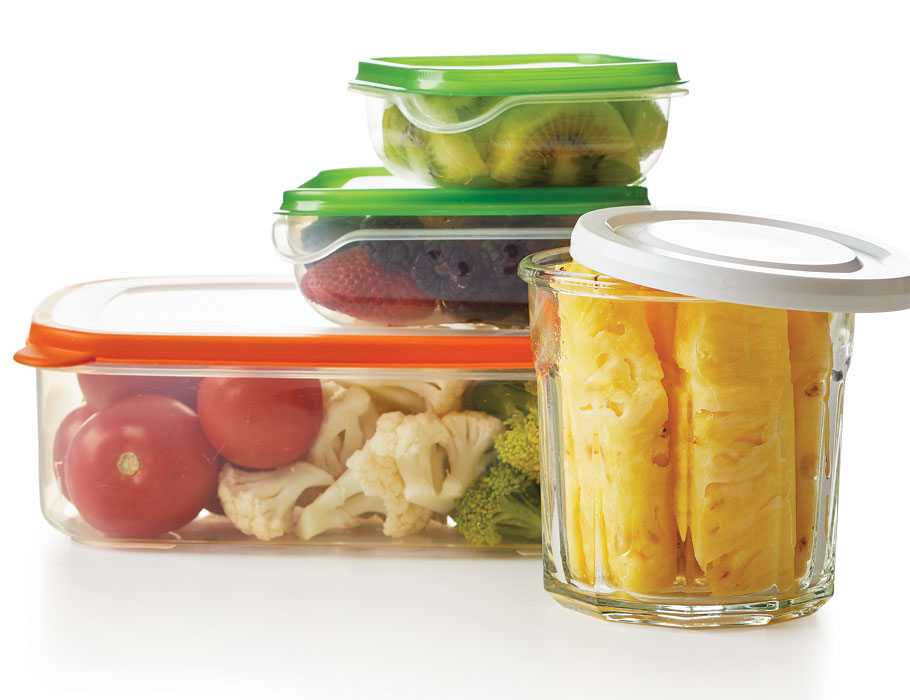When to Buy Organic + The Clean 15
The nonprofit Environmental Working Group recently released its “Dirty Dozen” list — produce with the highest pesticide residue levels. These fruits and vegetables are the most important to buy organic, ranked from the worst toxic offenders(1) to the least (12).
The Clean 15 is the Environmental Working Group’s list of fruits and vegetables that are unnecessary to buy organic. Here's the full scoop on when you may want to consider buying organic and when you can opt for non-organic produce.
by Kim Samuelson

The Dirty Dozen & the Clean 15
You've probably heard the term Dirty Dozen before, but maybe you’re not sure what it means exactly. The Dirty Dozen is a slogan that the Environmental Working Group created to designate the twelve “dirty” crops that farmers apply the most pesticides to, and consequently, the fruits and vegetables you should be buying organic.

Conversely, the Clean 15 is a term coined by the same group and refers to the list of fifteen plants that use the least amount of pesticides. This information comes from research done by the USDA’s Pesticide Data Program, a pesticide monitoring system started in 1991.

But what does buying organic produce really mean, and why is it important?
Certified organic farmers are not allowed to use any synthetic chemical pesticides, artificial fertilizers, genetically modified organisms, and needless antibiotics or hormones. Instead of these harmful substances, they use materials and systems that improve the soil and environment.
Studies have shown that eating organic can significantly reducethe possibility of developing many diseases. By consuming organic foods, the toxic ingredients are out of the picture and the body has the ability to function better.
Buying organic produce is a good investment for your health, but it can be expensive. To make it more affordable, watch for special sales and discounts. When strawberries are in season and reasonably priced, for instance, buy them in bulk, IQF (individually quick freeze) them, and store them in a resealable bag or container in the freezer to have around when the season’s over.
There are other ways that make buying quality organic produce easier for you. Shop your local farmer’s market or find a food co-op in your area. You can also become a member of a CSA (community supported agriculture) program. This system connects the farmer with the consumer, and allows the consumer to share a part of the local farmer’s harvests. But growing your own fruits and vegetables is the best and least expensive way to have organic fruits and vegetables available.
It can be nearly impossible to only eat foods labeled organic and it’s not always necessary. The bottom line though is, whenever possible, consumers should try to purchase organic versions on the Dirty Dozen list. But when organic is not available, or the quality is inadequate, people should continue eating fresh produce. The health benefits of a diet rich in fruits and vegetables outweigh the risk of pesticide exposure. And remember — always wash your produce before eating.
Tips for Buying Organic Produce
When transitioning to buying organic fruits and vegetables, here are some tips to keep in mind: - Start by purchasing what you typically eat, substituting with organic varieties. - When shopping, keep the current Dirty Dozen and Clean 15 lists with you so you know which produce to buy organic. - If an organic food seems particularly high-priced, substitute with an organic ingrediens that’s in season at a lower price. - When you can, choose fruits and vegetables with the USDA organic label on them. This label certifies the products you buy are official organic products, and are produced following all USDA organic regulations.
Should you wash fruits and vegetables?
While eating organic produce reduces pesticide consumption, no food is 100% pesticide-free. Even organic fruits and vegetables contain pesticides from wind and farm runoff. And pesticides are engineered to be “waterproof,” so it’s important to wash produce. There are a number of commercial fruit and vegetable washes on the market. They remove pesticides, wax, and 99.9% of bacteria, but be sure to pick a natural product and avoid the ammonia-based cleansers.
Healthy on the go
Plan ahead and try to always have organic snacks prepared and on hand in sealed containers. That way, they’re readily available for you to snack on. Here are some of our favorite meal prep containers on Amazon for storing snacks and work lunches.

Product Recommendations
Interested in cooking? Need some supplies?
Check out some of the tools we like. All products featured on Cuisine at Home are independently selected by our editors; we may earn an affiliate commission from qualifying purchases through our links.